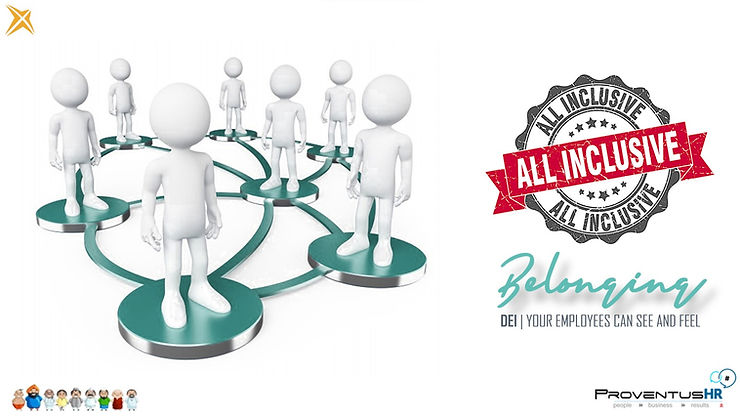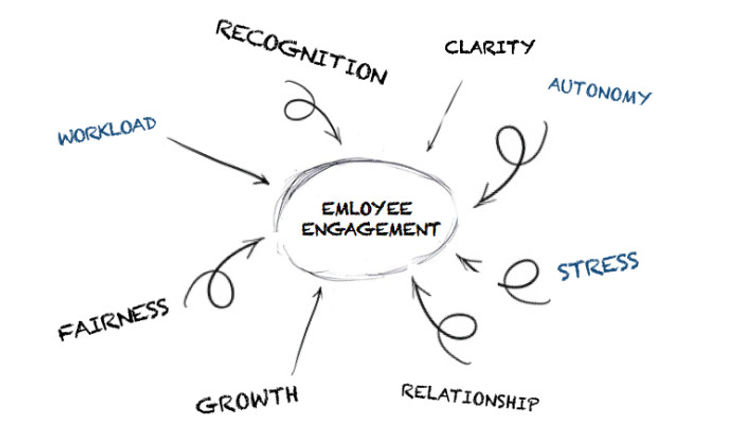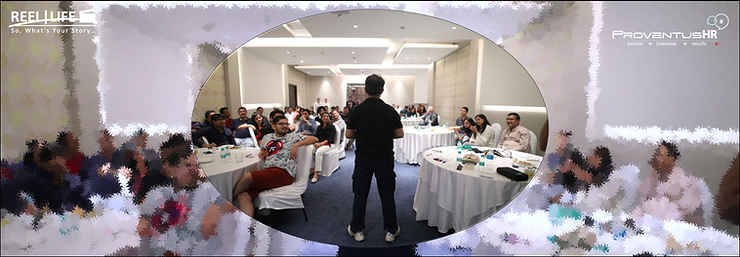Belonging, diversity, equity, and inclusion (DEI) are crucial elements of a healthy and productive workplace. When employees feel a sense of belonging, they are more likely to be engaged and motivated, leading to increased productivity and job satisfaction. On the other hand, a lack of belonging, diversity, equity, and inclusion can lead to a negative work environment, where employees feel isolated or discriminated against. In this article, we will explore what belonging, diversity, equity, and inclusion mean, and how companies can create a culture that supports these values.
What is Belonging?
Belonging is the feeling of being accepted and valued as a member of a group or community. It involves feeling like you have a place where you fit in and are supported. Belonging is essential for mental and emotional well-being, as it helps people feel connected and supported by others.
Belonging is not just about fitting in or conforming to group norms. Rather, it is about feeling accepted and valued for who you are, regardless of your background or identity. This includes feeling able to be your authentic self at work, without fear of discrimination or judgment.
What is Diversity?
Diversity refers to the range of differences among individuals in a group or organization. This includes differences in race, ethnicity, gender, age, sexual orientation, religion, ability, and other characteristics.
Diversity is important because it helps create a more inclusive and representative workplace. It allows for a range of perspectives and experiences to be represented and valued, which can lead to better decision-making and problem-solving.
What is Equity?
Equity refers to the fairness and justice in the distribution of resources and opportunities. This means that everyone should have the same access to opportunities, regardless of their background or identity.
Equity is important because it helps to ensure that everyone has the chance to succeed and thrive. Without equity, certain groups may be unfairly disadvantaged, leading to systemic biases and inequalities.
What is Inclusion?
Inclusion refers to the active process of creating a welcoming and supportive environment for all individuals. It involves actively seeking out and valuing diversity, and creating an environment where everyone feels included and able to fully participate.
Inclusion is important because it helps to create a positive and respectful work culture. When employees feel included, they are more likely to be engaged and motivated, leading to increased productivity and job satisfaction.
Creating a Culture of Belonging, Diversity, Equity, and Inclusion
So, how can companies create a culture that supports belonging, diversity, equity, and inclusion? Here are a few key steps:
1. Communicate the importance of DEI: It is essential for companies to clearly communicate the importance of DEI and make it a priority. This can be done through company values, policies, and communication channels.
2. Foster an inclusive culture: Companies can create an inclusive culture by actively seeking out and valuing diversity, and by creating a welcoming and supportive environment for all employees. This includes promoting open and respectful communication, and creating opportunities for employee engagement and feedback.
3. Promote equity: Companies can promote equity by ensuring that everyone has access to the same opportunities and resources. This may involve implementing policies and practices that address systemic biases and inequalities.
4. Provide training and resources: Companies can support DEI efforts by providing training and resources for employees. This may include diversity and inclusion training, resources for employees to learn about different cultures and identities, and support for employees from underrepresented groups.
5. Hold leadership accountable: It is important for leadership to be held accountable for creating and supporting a culture of DEI. This can be done through regular evaluations and setting specific DEI goals and targets.
6. Foster a sense of belonging: Companies can help employees feel a sense of belonging by creating a sense of community and support within the workplace. This may involve things like team-building activities, Employee Resource Groups (ERGs), and creating a welcoming and inclusive work environment.
7. Encourage open communication and feedback: Allowing for open communication and feedback can help employees feel heard and valued. This can be done through regular check-ins, anonymous suggestion boxes, and creating a culture where employees feel comfortable speaking up.
8. Celebrate diversity: Companies can celebrate diversity by recognizing and honoring the unique backgrounds, experiences, and identities of their employees. This can be done through events and activities that celebrate different cultures, as well as through recognition programs that highlight the contributions of diverse employees.
In conclusion, belonging, diversity, equity, and inclusion are crucial elements of a healthy and productive workplace. By creating a culture that supports these values, companies can foster a positive and inclusive work environment that benefits all employees.













